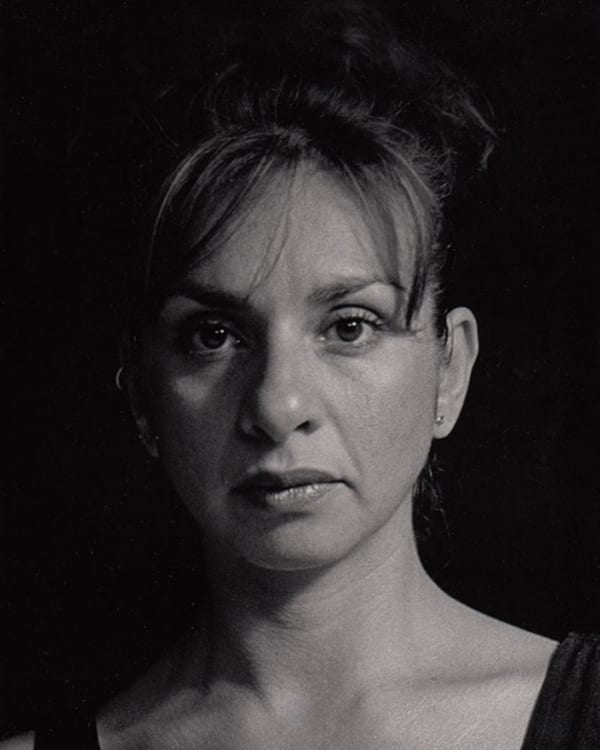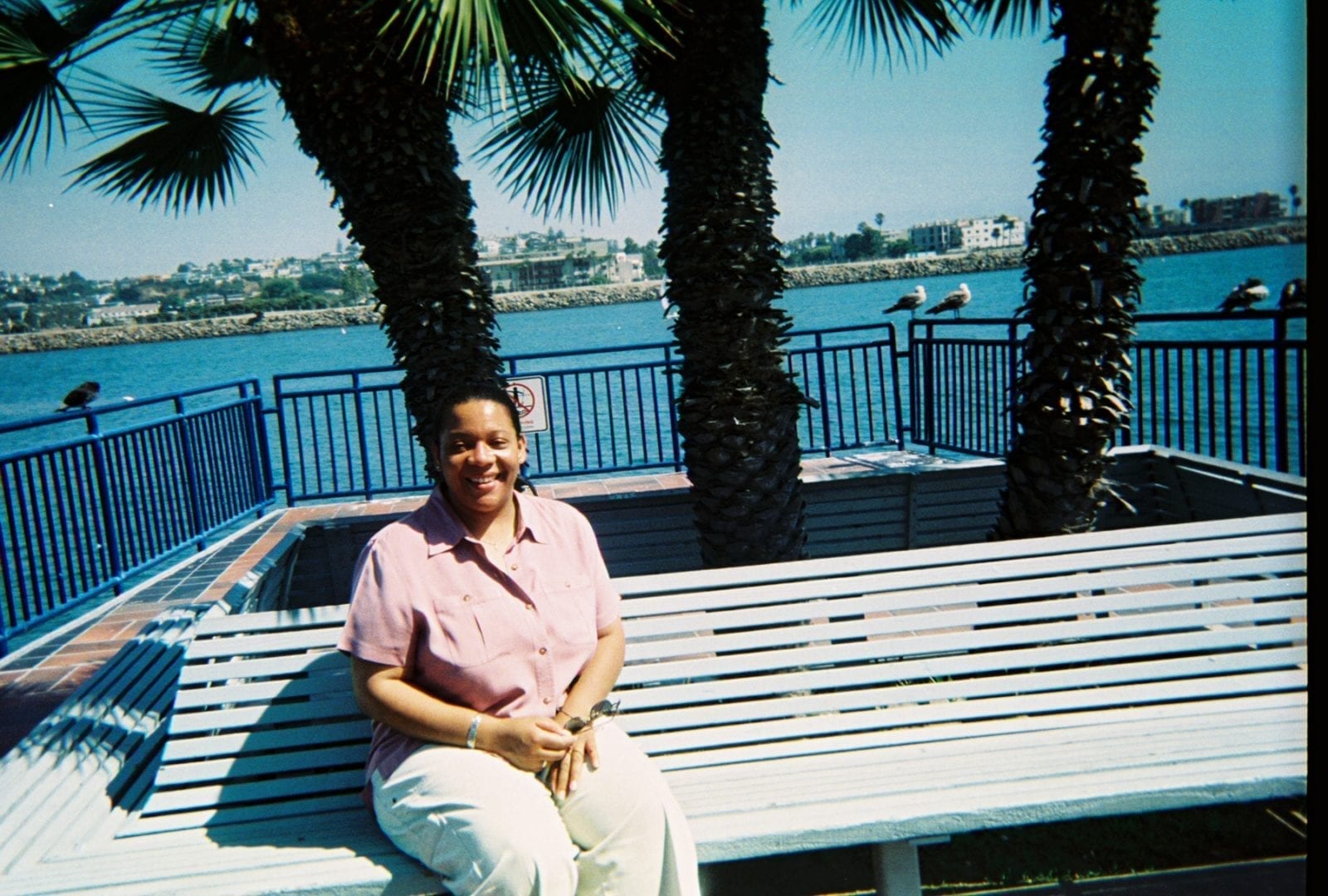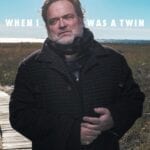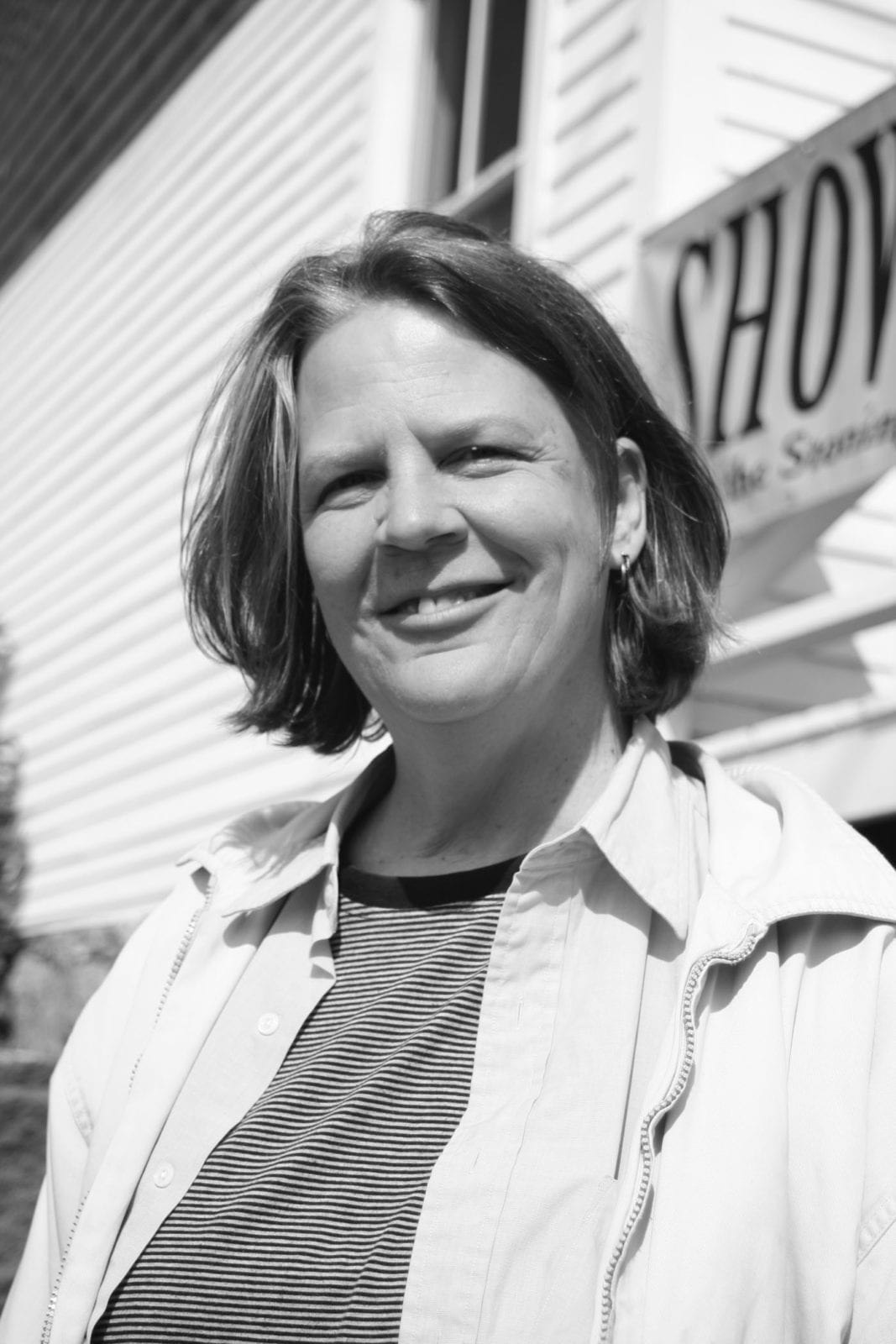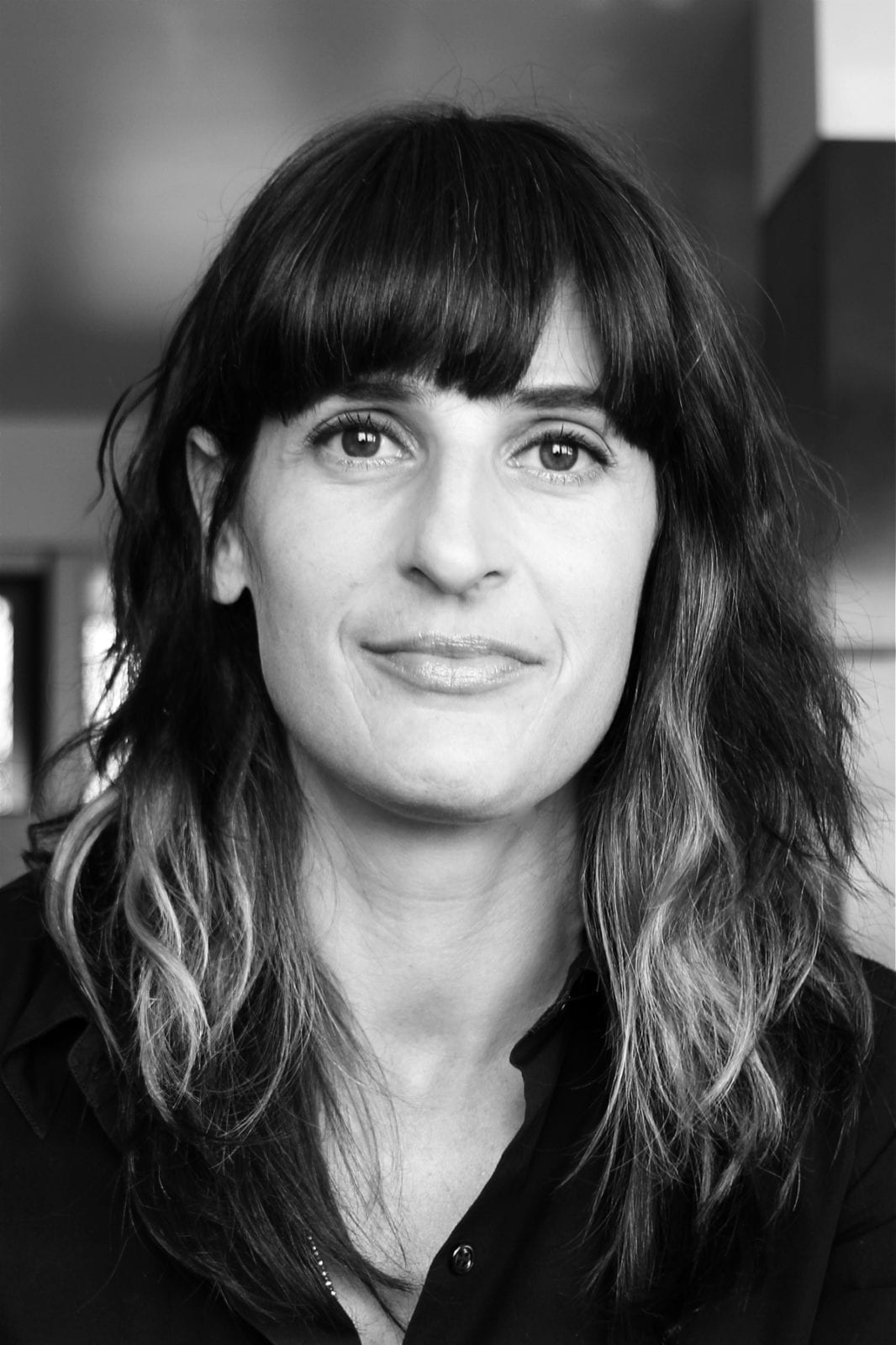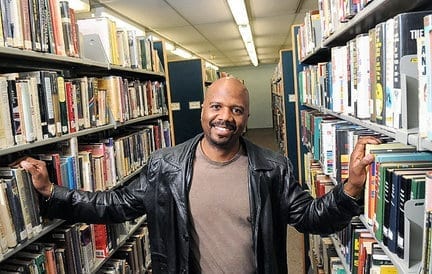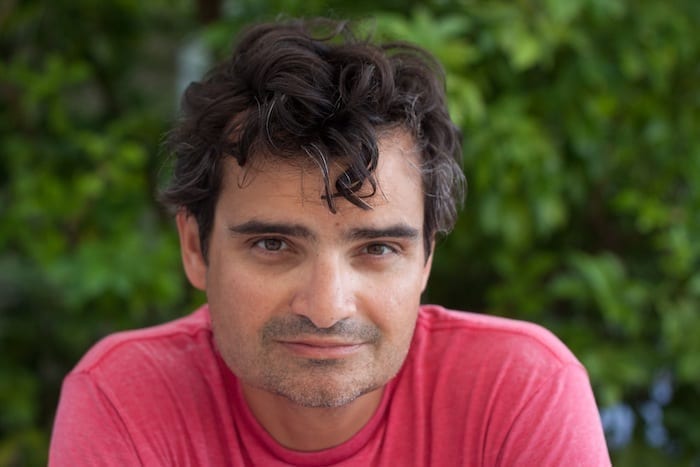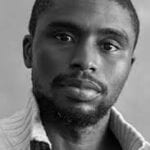In this adaptation of her commencement speech, Goddard MFA Program Director Elena Georgiou challenges us to think about the pricelessness of our imaginations.
Category: Thoughts and Musings
Who Are You and What Are You Hiding?
“When I walk down the street in jeans and a T-shirt, I’m hiding. When I wear these costumes, I am being honest about who I am.”
Wit’s End
Goddard MFA alumna Katrina Barnes asks, “At what point is a person at their wit’s end? And how does one reach this destination?”
Harmonium
Goddard MFA faculty member Michael Klein gives us permission to share his poem Harmonium. Here’s a taste: “Peace is revolutionary—that hasn’t changed / but intelligence is less popular now. And inspiration. / There’s no money in it. Some of us have been possessed by a more fearful version / of who we are and aim the camera at ourselves to make sure we are living.”
For Orlando: Make Beautiful in Maine
I knew—gay club–when I heard it on the radio. Florida: old mistress to the Right, corrupt, stolen-election, multi-lingual, and one of the gay capitols. All at once.
The Limits of the World
Goddard MFA Faculty member Micheline Marcom recalls what Schopenhauer said: “Every man takes the limits of his own field of vision for the limits of the world.” She wonders how we might, in our “Information Age,” see better.
Literary Life Tests
Goddard MFA Faculty member Victoria Nelson talks about literary life tests: the ones you face out there in the world after you graduate. “Pay attention to the outside cues…”
The Tomorrow That is Your Life
The same tomorrow you have thought about these last days and months and that you may be thinking about right now.
The tomorrow that is your life.
Looking for Normal
Because of my own struggles with writing my play, I was relieved to find out that constructing Looking for Normal had not been an easy task for her. She said it began as a comedy sketch but, after some maturity and many drafts, it turned into something much deeper.
Seneca, Politkovskaya, and the Endangered Magic of Literature
I had the honor of meeting Anna Politkovskaya, the Russian journalist who wrote passionately and beautifully on behalf of both civilians and soldiers caught up in the brutality of the war in Chechnya. In 2002 PEN honored Anna here in LA. Almost exactly four years later she was murdered in her Moscow apartment building. She was 48 years old.
A Short Story Story
Goddard MFA Faculty member John McManus writes, “I’m trying to resist the temptation to take the novel I’m close to completing after fifteen years, cut 325 of its 350 pages, and turn it into a short story.”
Once Upon Three Apples, or Notes on How to Measure a Story
Goddard MFA Faculty member Kyle Bass writes, “Dare to ask Edward Albee what the new play he’s writing is about and he will say, “It’s about 90 minutes.” While his prickly pithiness is a means by which to protect the sanctity of his process, Albee’s at-the-ready, stiletto reply cuts to an important truth about art and dimension: a short painting? A full-length poem? Of course not. A thing is complete in its own completeness.”
So, Prince. And…
Goddard MFA faculty member Rahna Reiko Rizzuto muses on Prince and the new Goddard slogan (what?!) “I am not an expert on Prince. I do not own the purple disk of Purple Rain; I cannot sing every word of every B side. I have not analyzed the Purple One’s sexuality (except to rejoice that there was clearly enough of it for everyone) and have no insight into how or why he died.
Was My Life Worth Typing?
“Was My Life Worth Living?” is the wonderful title of an essay by the American anarchist Emma Goldman. I’ve always loved her blunt phrasing of the ultimate question behind the writing of personal narrative. Recently I’ve been faced with my own version of her conundrum, as I’ve been immersed in the text of my memoir Apples and Oranges…
The Backup Plan
Next year Duke will once again be in contention for the national championship, you will be in contention for a special place in some theater’s season, and some poor soul in high school will be hoping to be more than just someone’s backup plan.
#Space#Poetry
NASA asked us what might this mission teach us about ourselves and our universe. NASA asked us how are we as a people are stretched and deepened by explorations beyond our Earthly home. And we have answered—collectively, surrealistically, idealistically. We are ready for our words to ride aboard the OSIRIS-Rex spacecraft on its journey to the asteroid Bhanu/Bennu.
On Writing
I published my first stories while an undergrad. I learned the difference between ego and real confidence in my writing and ultimately I learned how to stand by my work even as I reimagined it, recreated it.
The Art of Being Overwhelmed
New MFA faculty member Sherri L. Smith talks about how to make writing a priority. “We writers are a shaky bunch, never happy when we aren’t writing, never sure if we are happy even when we are elbow deep in the work. But we need it. We cannot always be in the world without distilling it, and if we don’t put it on the page, it ferments and poisons us.”
Giving History the Finger
By Richard Panek The middle finger of Galileo’s right hand is a satisfying sight. Not because the resemblance to an obscene gesture is unmistakable (though that’s pretty amusing). And not because such a gesture might suggest that in the end a scientist who suffered persecution for the sin of being correct had gotten the last word—well, two words (though that… Continue reading Giving History the Finger
Contested Spaces
Kenny Fries, Goddard MFA faculty member living in Berlin, visits “Homosexualität_en” exhibit at the Deutsches Historisches Museum and the Schwules Museum: “I was reminded of how the word “homosexual” was used for the first time around the same time as the word “normal,” and how historically the issue of “cure” has pertained to both homosexuality and disability. I noted how there have been laws “outlawing” both homosexuality and disability, including the “ugly” laws in the United States, which made it illegal for disabled people to appear in public. Most of these laws were not repealed until the 1970s. Chicago’s 1911 ordinance that stated, “It is hereby prohibited for any person who is diseased, maimed, mutilated, or deformed in any way so as to be an unsightly or disgusting object to expose himself to public view,” was the last to be repealed, in 1974.”
